Universities are among the top carbon emitters
“We hope students develop ownership and consider ways to save energy”
“All eyes of future generations are upon you. If you choose to fail us, we will never forgive you. We will not let you get away with this. Right here, right now is where we draw the line. The world is waking up. And change is coming.”
- Greta Thunberg, UN 토토사이트 번호 차단 Action Summit 2019 -
In her famous 2019 speech at age 15, Greta Thunberg condemned global leaders’ inaction with her now iconic cry: “How dare you!” Even six years later, countless voices continue to speak up for the planet—but Earth’s condition continues to worsen.
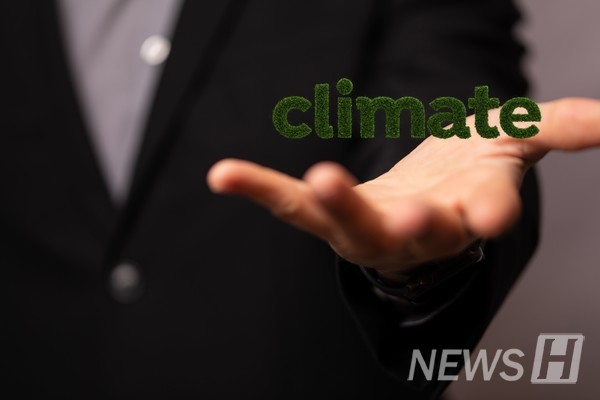
The global average temperature now breaks records every year. In 2023, the Earth’s average surface temperature rose by 1.55°C—surpassing the 1.5°C goal set by the 2015 Paris Agreement. Ocean temperatures and sea levels also reached all-time highs, driven by record-breaking CO₂ concentrations and an overall surge in greenhouse gas emissions.
The recent record-breaking wildfires in Gyeongsang-do were a direct consequence of climate change. Warmer seas around the Korean Peninsula, intensified high-pressure systems, and parched air created ideal conditions for fire to spread rapidly. In March, Jeju Island experienced rare snowfall followed by a sudden spike to 28.8°C. Such abnormal climate events are no longer anomalies—they are part of our reality.
Trend Korea 2025 named “climate sensitivity” as one of its key themes, calling for proactive engagement and behavioral shifts in response to climate issues. In line with this trend, policies such as Seoul’s “Climate Companion Card” are being implemented. But how are individuals—especially university students—perceiving and practicing climate sensitivity?
What does “Climate Sensitivity” mean to university students?
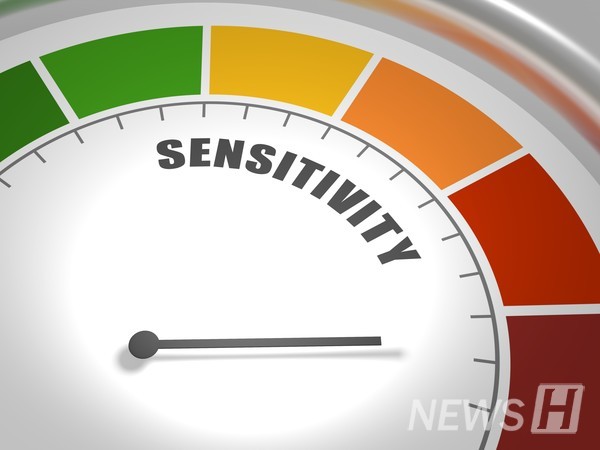
Ryu Seong-ho (Department of Sociology, 3rd year) rated his climate sensitivity as 8 out of 10. He said he has come to deeply understand climate change as a matter of survival, especially through increasingly extreme weather events. “Even in Korea, seasonal boundaries are blurring, and localized torrential rains or heatwaves have become the norm,” he said. However, he also pointed out that “climate sensitivity has economic limits.” High prices of eco-friendly energy and products, as well as the time, money, and effort required by individuals, serve as barriers.
Park Joo-hee (School of International Studies, 3rd year) rated herself a 7. She observed that “society as a whole still lacks awareness of climate sensitivity.” She added, “Environmental protection doesn’t show immediate results. Whether you do it or not, the consequences aren’t instantly visible—so it’s not easy for people to stay mindful.” She also emphasized that wasteful resource use often occurs not at the individual level but within institutions.
Professor Kim Jin-soo on 토토사이트 번호 차단 Change
Professor Kim Jin-soo from the Department of Resources and Environmental Engineering also serves as Dean of Hanyang Intercollege and teaches courses on climate change, impact business, and energy policy. He is also Vice Chair of the Seongdong-gu Carbon Neutrality Committee and a senior policy advisor for Korea’s Ministry of Trade, Industry and Energy.
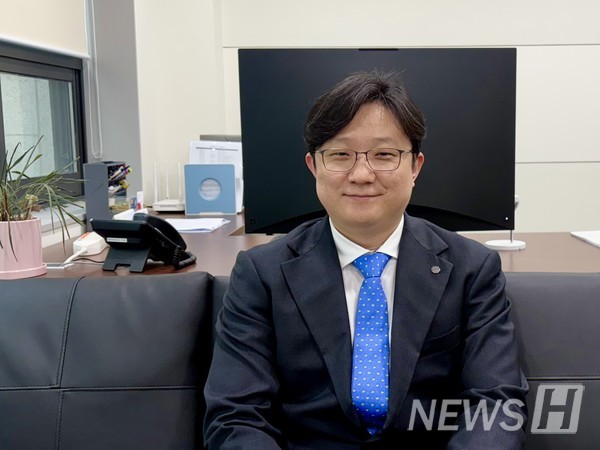
Professor Kim’s Perspective on “Climate Sensitivity”
According to Professor Kim, international conflict and political inaction hinder climate progress. “The re-election of a climate change-denying U.S. president, and wars like Russia–Ukraine and Israel–Hamas, are slowing global momentum on climate sensitivity,” he said.
Still, he views Korean youth’s climate awareness positively. “Climate activism groups and their representatives are now being elected to public office,” he noted. “The National Assembly has a Special Committee on the Climate Crisis, and the Constitutional Court recently ruled that the government’s failure to establish detailed carbon neutrality plans was unconstitutional.”
“Today’s 20-somethings clearly have stronger climate sensitivity than older generations,” Kim added. “I’ve seen many Hanyang applicants who have engaged in climate-related activities. Some even wrote that they chose engineering to find technical solutions to climate change.”
The Need for 토토사이트 번호 차단 Sensitivity and 토토사이트 번호 차단 Action
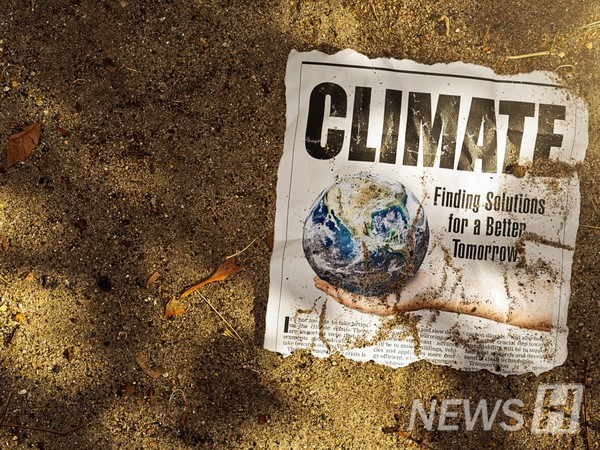
Addressing climate change requires energy saving and efficiency. That means reducing greenhouse gases—and to do that, people must change how they live. Climate sensitivity enables this change.
Examples include limiting air conditioner use in summer or heating in winter. Avoiding excessive delivery food—given the plastic packaging and emissions involved—can also make a difference. Some advocate plant-based diets to reduce livestock-related emissions.
What can young people do?
Professor Kim emphasized the importance of understanding Korea’s current climate challenges before taking action. For example, solar power currently costs about twice as much as coal-fired energy in Korea. While it offers long-term savings, the high installation cost burdens current generations.
Moreover, as China dominates solar panel production, Korea must consider the broader implications of expanding solar infrastructure. Offshore wind, a promising energy source, could also result in electricity costs two to three times higher. “There are clear long-term benefits,” Kim said, “but gaining public consensus in the short term is difficult. We need a well-rounded, ongoing discussion about future direction.”
The role of universities in the 토토사이트 번호 차단 crisis
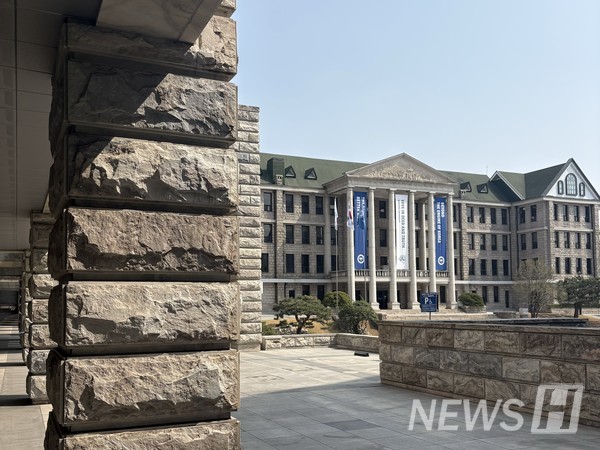
Universities are significant carbon emitters. In fact, Seoul National University ranks among the top CO₂-emitting institutions in the city, due to its large area and constant facility usage. The same applies to Hanyang University. Professor Kim commented, “Rather than a top-down approach led by the university administration, students need to take ownership and think about how to reduce energy use on campus.”
Hanyang University offers climate-relevant majors such as Department of Earth Resources and Environmental Engineering, Department of Nuclear Engineering, Department of Energy Engineering, Department of Chemical Engineering, School of International Studies, Department of Sociology, and Social Innovation Major. “Hanyang is one of the few universities equipped for integrated climate response,” Kim noted. “If students take initiative and use the university’s resources wisely, meaningful outcomes can be achieved.”
In closing, Professor Kim said, “It’s time to move beyond emotionally driven messages like ‘Save the polar bears’ and focus on rational discussions about what we can actually do. I hope Hanyang University and its students take the lead on climate issues.”

 '한양위키' 키워드 보기
'한양위키' 키워드 보기